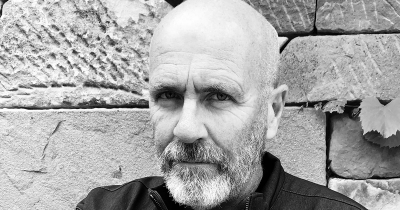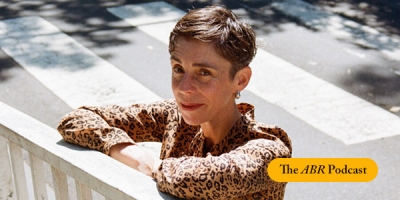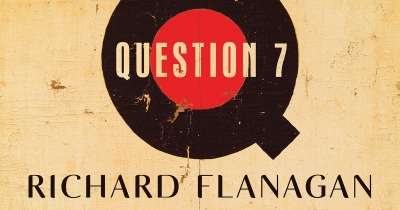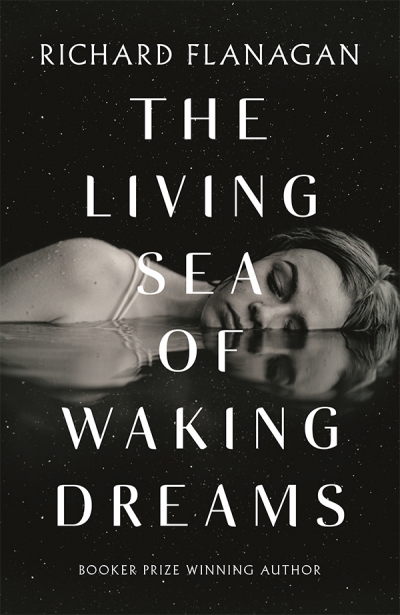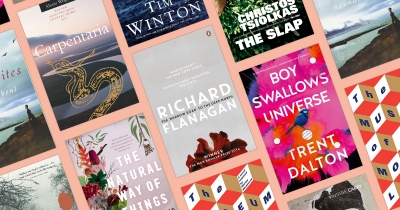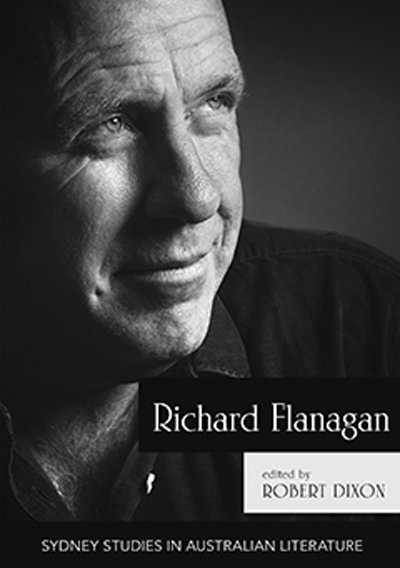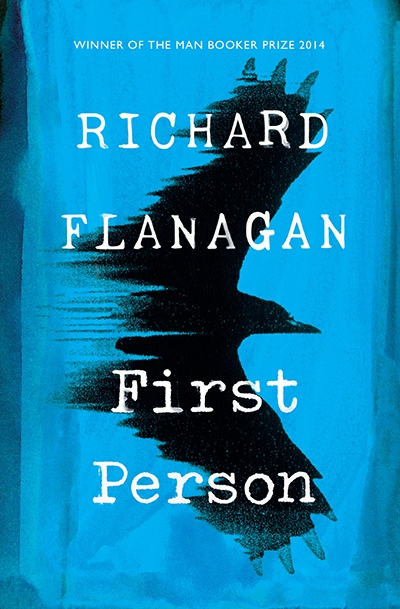Richard Flanagan
Sign up to From the Archive and receive a new review to your inbox every Monday. Always free to read.
Recent:
Thirty years ago, wanting to probe deeper into the question of what it meant to make home in Tasmania, I enrolled to do my honours year at the University of Tasmania. During a discussion with the secretary of the History Department about my partially formed dissertation ideas, she urged me to read a thesis by a recent graduate whose work had greatly impressed her: one Richard Flanagan. When I read the thesis and the book that came out of it, the result can best be described as a soul shift. It was not so much the information I gained but that Flanagan’s approach to Tasmania’s past released an imaginative flow in my own research, allowing it to slowly metamorphose over fifteen years into my first book, Van Diemen’s Land. I share this anecdote, not just to highlight what was lost when universities sacked most of their administrative staff, but to show how seriously Richard Flanagan has always taken history.
... (read more)In this week’s ABR Podcast, Catriona Menzies-Pike reviews Richard Flanagan’s new hybrid work Question 7. Menzies-Pike argues that Flanagan’s ‘sweeping engagement with history ultimately brings the author back to himself’ in ways that limit understanding of the present tense. Catriona Menzies-Pike is a literary critic and former editor of the Sydney Review of Books. Listen to ‘The Measure of things: Flanagan’s looping book of questions’, published in the November issue of ABR.
... (read more)Toxic: The rotting underbelly of the Tasmanian salmon industry by Richard Flanagan
Richard Flanagan's new work, Toxic, is a startling exposé on Tasmania's salmon farming industry. From genetically altered 'frankenfish' to the use of dangerous chemicals to turn 'dead-grey flesh a marketable red', the industrial machinations uncovered in Flanagan's new work are stomach-churning. As James Boyce writes in his review, 'After the publication of Toxic, I doubt Tasmania will ever be the same again.'
... (read more)Ten years after the first ABR FAN Poll, the second one was limited to Australian novels published since 2000 (though we received votes for recent classics such as 1984, Voss, and Monkey Grip). When voting closed in mid-September, Richard Flanagan’s Booker Prize-winning novel The Narrow Road to the Deep North emerged ...
... (read more)With this double issue, Australian Book Review enters its fortieth year. ABR was of course founded in Adelaide in 1961 as a monthly magazine. Max Harris and Rosemary Wighton edited the first series, whose final, quarterly appearances lapsed in 1974. The second series was created in 1978 under the auspices of ...
... (read more)

